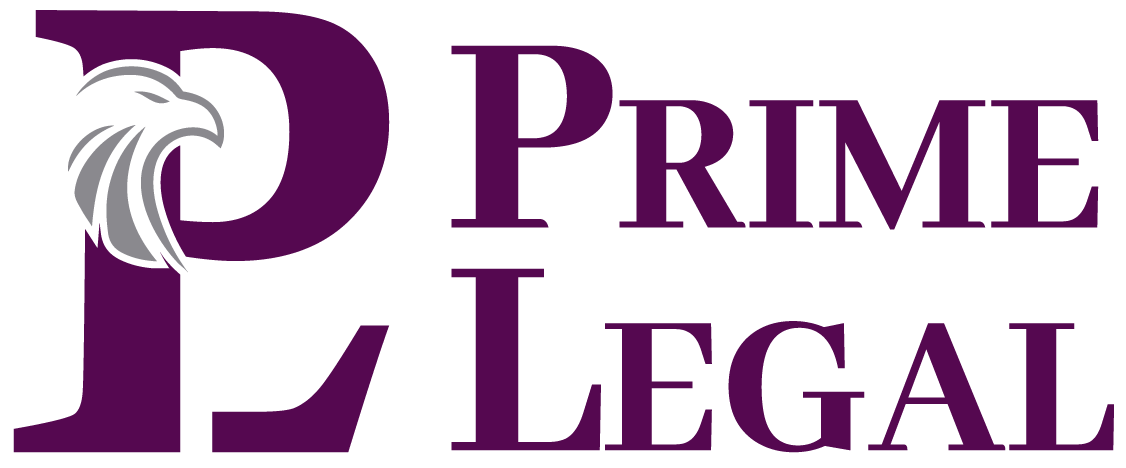Steady Legal Guidance After the Loss of a Loved One
Handling a loved one’s estate is a deeply personal responsibility—and often a complex legal process. At Prime Legal, we help families throughout Washington state navigate probate with clarity, compassion, and trusted legal support.
Whether you have been named the executor, a beneficiary, or are simply trying to understand your role, we are able to work closely with you to ensure that the estate is administered properly, the assets are handled legally and transferred correctly, while ensuring that the family members feel supported.
What Is Probate?
Probate is the court-supervised process of settling a deceased person’s estate. This includes validating a will (if one exists), identifying and valuing assets, paying outstanding debts or taxes, and distributing what remains to the rightful heirs or beneficiaries.
Every estate is different. Some are straightforward and others involve disputes, unclear instructions, or complex property issues. The process begins when someone files a petition with the superior court of any county (where the deceased person lived). And if a person is appointed as personal representative, they become responsible for managing the estate throughout the probate.
Here are some key terms that you should know:
- Estate: any and all property, debts, assets, that have been left behind by the deceased person
- Personal representative: this is a person appointed by the court to manage the estate, it can be a executor or an administrator
- Beneficiaries: these are individuals named in the will to receive some type of gift or property
- Heirs: Family members who will inherit gifts or assets from the deceased person’s estate (based on Washington state law), even though they were not named in the will.
- Intestate: This is when a person dies without creating or leaving a valid will
- Testate: This is when a person dies with a valid will
- Probate assets: These are assets (real and personal property, cash) that must “go through” probate court before being given or transferred to the beneficiary
- Non-Probate Assets: These are assets that can be transferred automatically to the beneficiary, such as jointly owned real estate or accounts that designated beneficiaries
Legal Support for Personal Representatives and Families
Attorney CJ Singh and his team brings a measured and thoughtful approach to estate administration and help, families manage responsibilities, requirements of personal representatives, and avoid unnecessary delays. We assist with:
- Preparing and filing court documents
- Communicating with heirs and beneficiaries
- Managing timelines and reporting requirements
- Resolving disputes or questions about the will
- Prepare property transfer instruments
- Navigating real estate, tax, or debt-related matters in the estate
We aim to reduce stress and confusion so that families can focus on honoring their loved one, not battling paperwork or procedural hurdles.
How Long Does a Probate Take? (Timeline Expectations)
Most cases involving probate in Washington take between 8 and 12 months to complete. However, some more complicated estate may take long. Several factors affect the timing of these cases, including:
- Tax Issues: Large estate that require additional tax filings require additional time
- Estate Complexity: estates with multiple property, or business interest, or assets under dispute can take longer
- Creditor Claims: The four-month creditor notice period, is required by Washington State law, and cannot be shorted
- Court Scheduling: Court calendars and additional local court rules may cause additional delays
- Family Disputes: If there are disagreements amongst the beneficiaries or challenges to the will, there can significantly extend the process.
When a Probate May Not be Needed?
Not all estate in Washington state require a complete and formal probate. There is a simplified procedure in Washington state for small estates:
- Community Property Affidavit: This instrument allows a surviving spouse to transfer certain community property without probate
- Non-Probate Assets: If there are assets that have named or predesignated beneficiaries, or there is jointly owned property, they can be transferred outside of probate. Trust assets can also typically avoid probate
- Small Estate Affidavit: These are available only for estates worth $100,000 or less.
Statewide Probate Services You can Trust
Our firm offers probate services throughout Washington state, from Seattle and Spokane to communities across all counties. We understand that probate laws and local court procedures can vary, and our extensive experience throughout Washington state allows us to provide consistent representation regardless of where your loved one's estate must be probated.
When Probate and Planning Overlap
Many times, probate overlaps with broader estate planning issues. Attorney CJ Singh’s experience in estate law helps ensure that probate is not only resolved—but resolved in a way that aligns with the family’s values and long-term needs.
If you or a loved one has been named in a will or a trust and are concerned about how a loved one’s estate is being handled, we’re here to help guide you through the process with clarity and respect. Let’s settle the estate with care.
Probate FAQs
Not sure where to begin, whether probate is required, or what to expect? These FAQs offer guidance to help you move forward with clarity and peace of mind.
Does every estate have to go through probate in Washington?
Not always. Some smaller estates or jointly owned assets may transfer without formal probate. We’ll help assess whether the process is necessary for your situation.
What does an executor or personal representative do?
This person is responsible for managing the estate, paying debts, distributing assets, and ensuring all legal obligations are met. We guide you through each of these steps.
How long does probate take?
The probate process typically takes several months, but complex estates may take longer. We help keep things on track and minimize unnecessary delays.

